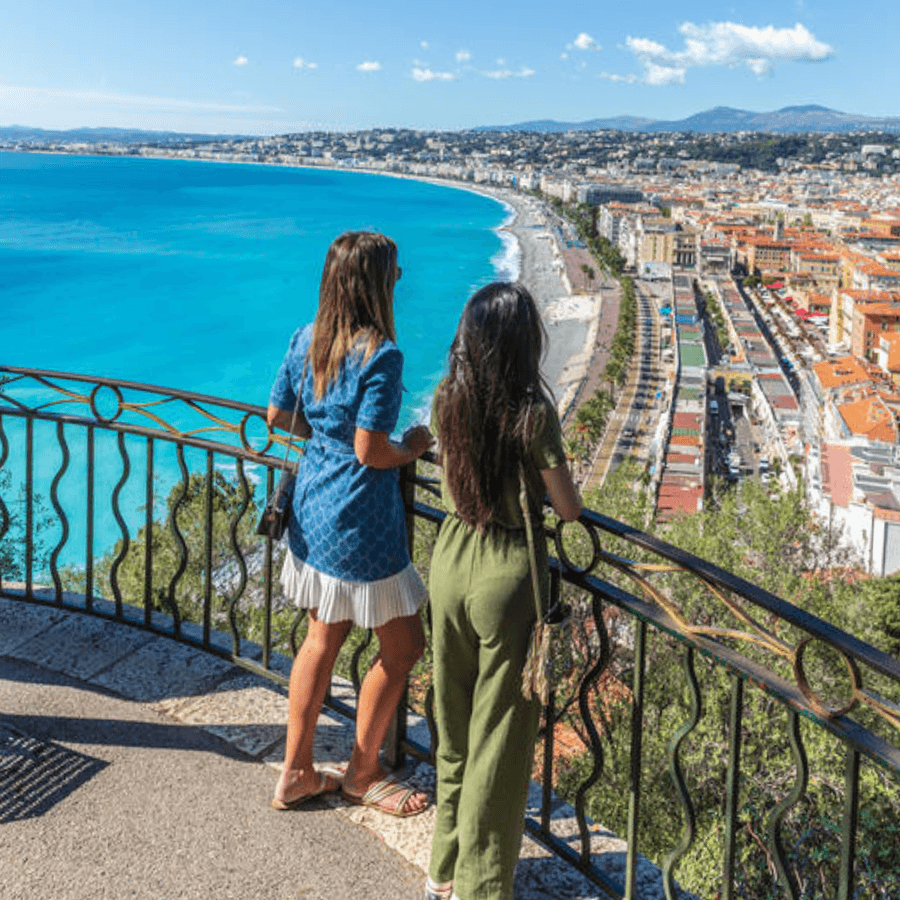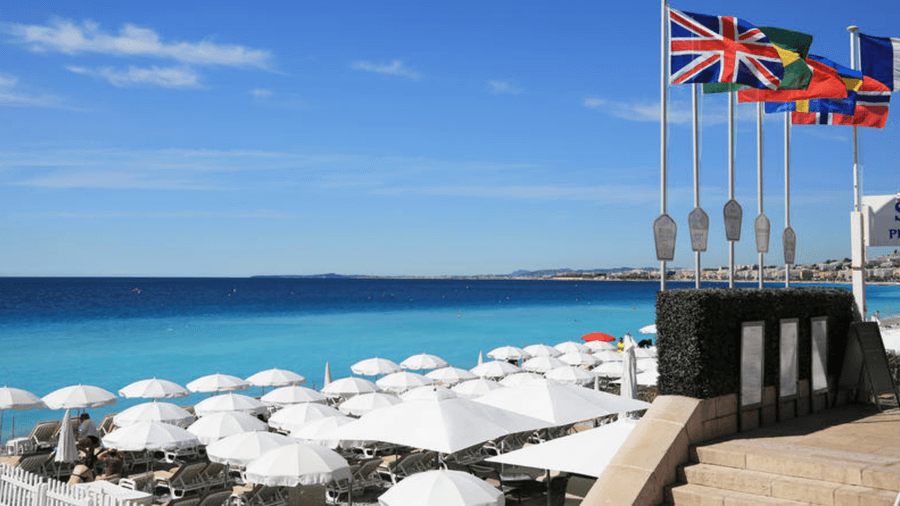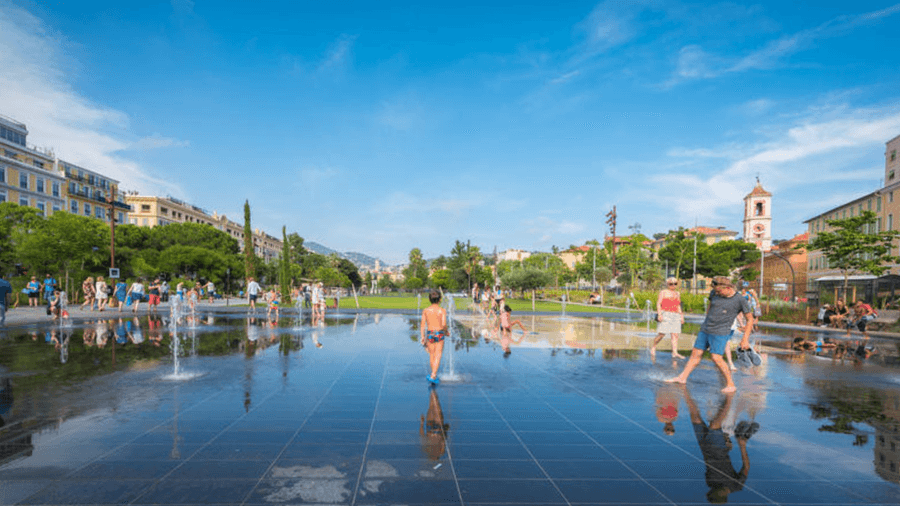The Mediterranean region loved for its mountains and sea and recognised as a World Heritage site is developing its regenerative legacy and impact by joining an expanding list of French destinations being benchmarked by GDS-Index.
The move, by Office de Tourisme Métropolitain Nice Côte d’Azur, Nice Côte d’Azur Metropolitan Convention and Visitors Bureau (NCA CVB), is part of a veritable wave including Bordeaux, Lyon, Marseille, Nantes, Paris, and Toulouse. There is a mini-French sustainability movement in the broader GDS-Movement!
It’s a well-timed entry. If 2021 was a year of recovery from the economic fallout of the global COVID-19 pandemic, 2022 is an opportunity for Nice to develop more regenerative destination management practices and bounce back better to amplify France’s growing presence on the international sustainability stage.
The NCA Metropolitan Convention and Visitors Bureau is classified as Category 1 with the Qualité Tourisme™ brand. This state-endorsed label has a high consumer trust index for its rigorous approach that employs surprise, independent spot checks to guarantee visitors consistent, top-quality service. It is valid for 5 years, and all the CVB local tourism bureaux are audited by it.
Nice, for all
The region embodies sustainable development with a strong focus on diversity, equity, and inclusion in work and in welcome.
As a member of the International Gay and Lesbian Travel Association it created the label “Nice Irisée Naturellement” empowering participating establishments to demonstrate a commitment to inclusion after receiving training with the Nice Côte d’Azur LGBT Centre and local associations.
The NCA CVB also supports local, cultural heritage by training and rewarding restaurants, snack bars, and takeaways for use of Nice’s traditional recipes through the Label “Cuisine Nissarde.”
Environmentally speaking
Its airport, the second largest in the country, has reached Level 4+ Transition for carbon-neutrality thanks to a 20- year legacy of voluntarily mitigating negative environmental impact. There are currently 9 airports accredited at this level, which involves compensation for residual emissions with reliable offsets. It tackles its goal to be net zero for carbon by 2030 by absorbing residual emissions under the CAP 2030 climate strategy. This strategy involves 36 companies including airlines and helicopters, shops and catering, petroleum suppliers, administrations, and more.
Nice is nice to move around in thanks to its range of low-emission mobility zones to improve the quality of the air and of life. It supports soft mobility and health of people and planet through subsidised pedal-powered or e-bike taxis, short-term bicycle rentals open 24 hours a day, and green corridors for cyclists and vegetation. Its green network aims to develop 70 hectares of new, natural areas by 2026 and sow climate-adaptive plantations on school grounds for carbon capture and heat reduction.
The new 2019-2025 Climate Plan places the Metropolis on the path to carbon neutrality by 2050. It also responds to European ambitions by targeting the objectives of the Framework for Climate and Energy by 2030.
Climate action is also clear in Aeris, at Cagnes Sur Mer, which combines wastewater treatment and biomethane gas distribution and other renewable energy sources to form France’s first positive energy station.
The port of Nice has the ISO 9001 quality management, ISO 14001 environmental management, “blue flag 2019” and “clean port”.
The Trophées Tourisme Ecoresponsable reward tourism professionals for eco-supportive and innovative efforts.
Engaging all for deeper legacy
Nice recognises that tourism is more than an industry, it’s a conversation between stakeholders, and all stand to gain from having its contributions counted.
The Office believes that entities like the metropolis, the tourism suppliers and the visitors will be directly supported by the GDS index. “The criteria apply directly to them,” notes Margot van Eijkern, Project Manager in Sustainable Development Strategies, “whether it’s through their immediate actions or the way the NCA CVB engages them and influences their decision-making.”
“As a major industry player for more than 150 years, and recently recognized by UNESCO, Nice has a significant responsibility towards sustainability and the future of tourism,” emphasises Denis Zanon, General Director of the Nice Côte d’Azur Metropolitan Convention and Visitors Bureau. “More than this, the broader region’s powerful, global sustainability strategy means that entering the GDS-Index programme is a major guideline to achieving the ambitious but realistic objectives by 2030.”
“We welcome and fully support Nice’s strategic efforts to embrace the new now in a measured, meaningful way that promotes planet and people while building ‘well-th’ and prosperity for all,” says Rebecca Johnson, senior sustainability consultant at GDS-Movement. “We see its growing, positive contribution as a living legacy of transformative change.”





